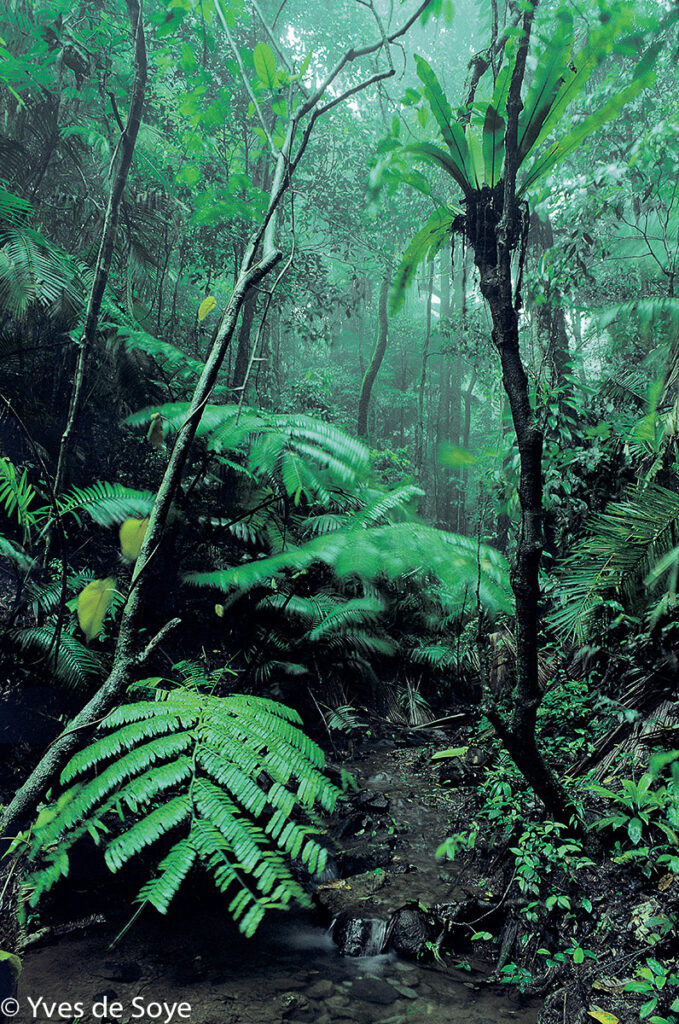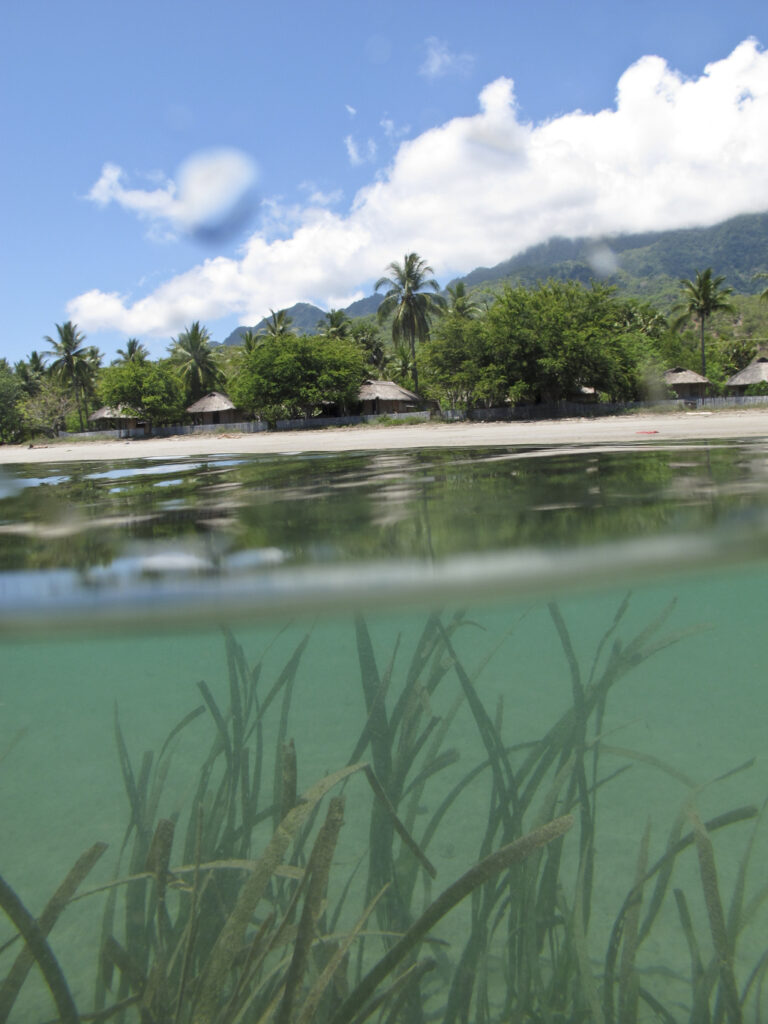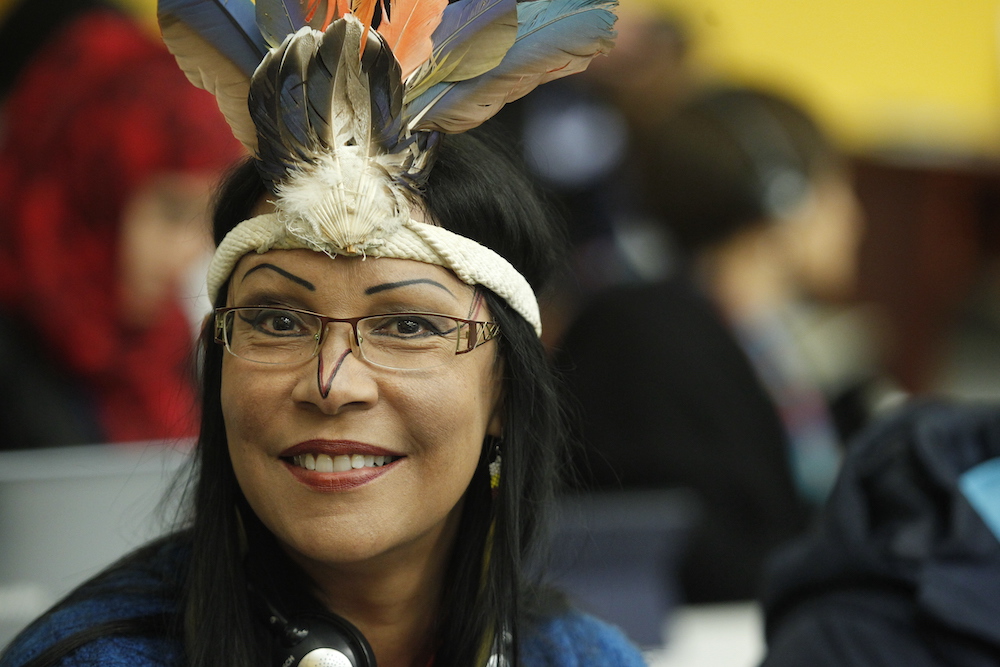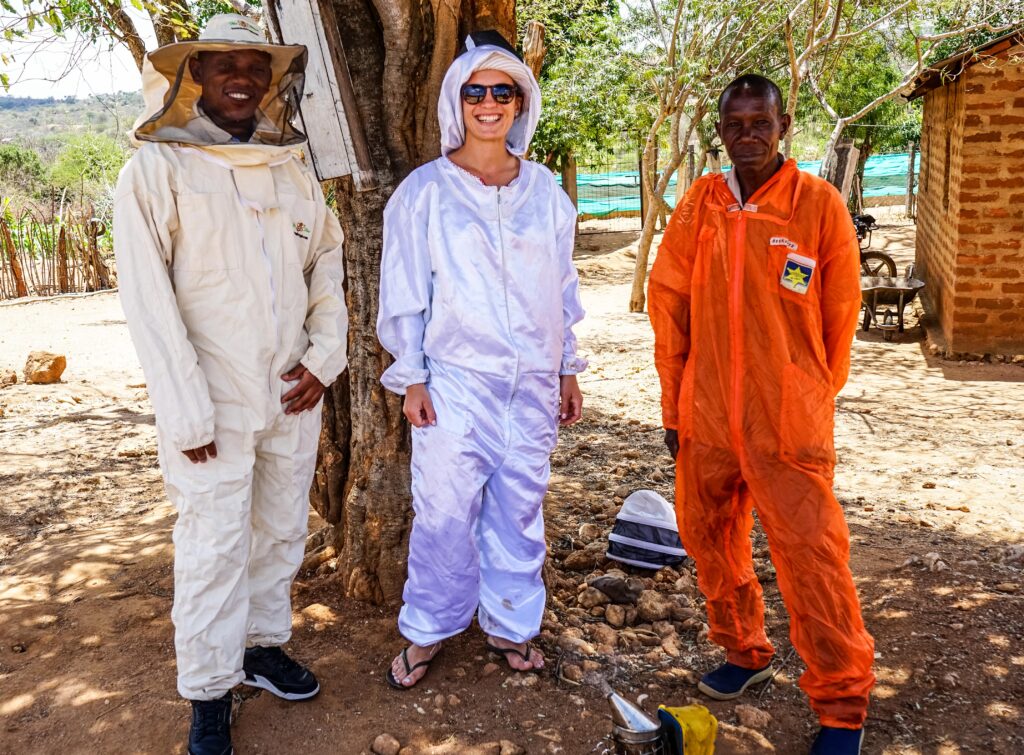BES-Net complements and contributes to the capacity-building work of IPBES. The Network focuses on building evidence at the national level for informed decision-making on sustainable management of biodiversity and ecosystem services, capitalizing on the accumulated knowledge of best practices and challenges in the field and bringing practitioners into the science-policy arena.
How We Work
BES-Net leverages the capacities of its network of partners, including governments, research institutions, community-based organisations and indigenous peoples’ groups, among others, to implement its work. BES-Net’s activities complement each other, focusing on evidence (national ecosystem assessments), dialogue and collaboration (Trialogues), inclusive knowledge-building (indigenous and local knowledge) and on-the-ground solutions (BES Solution Fund).
National Ecosystem Assessments
National policy-setting and decision-making processes often do not take the true value of biodiversity and ecosystem services fully into account. Ecosystem assessments can deliver an evidence base that meets the needs of different sectors and encourages integration. BES-Net’s support towards national ecosystem assessments is coordinated by UNEP-WCMC, with the support of UNESCO in fostering the participation of indigenous peoples and local communities and UNDP in enhancing the science-policy-practice dialogue in the process.

National Activities
Countries implementing their national ecosystem assessments undertake many activities and produce a variety of outputs that strengthen the interface of knowledge and policy around biodiversity and ecosystem services.
Global Activities
UNEP-WCMC’s NEA Initiative organizes a wide variety of activities for its partners around the world to support the implementation of ecosystem assessments and the integration of their findings in decision-making and policy processes.
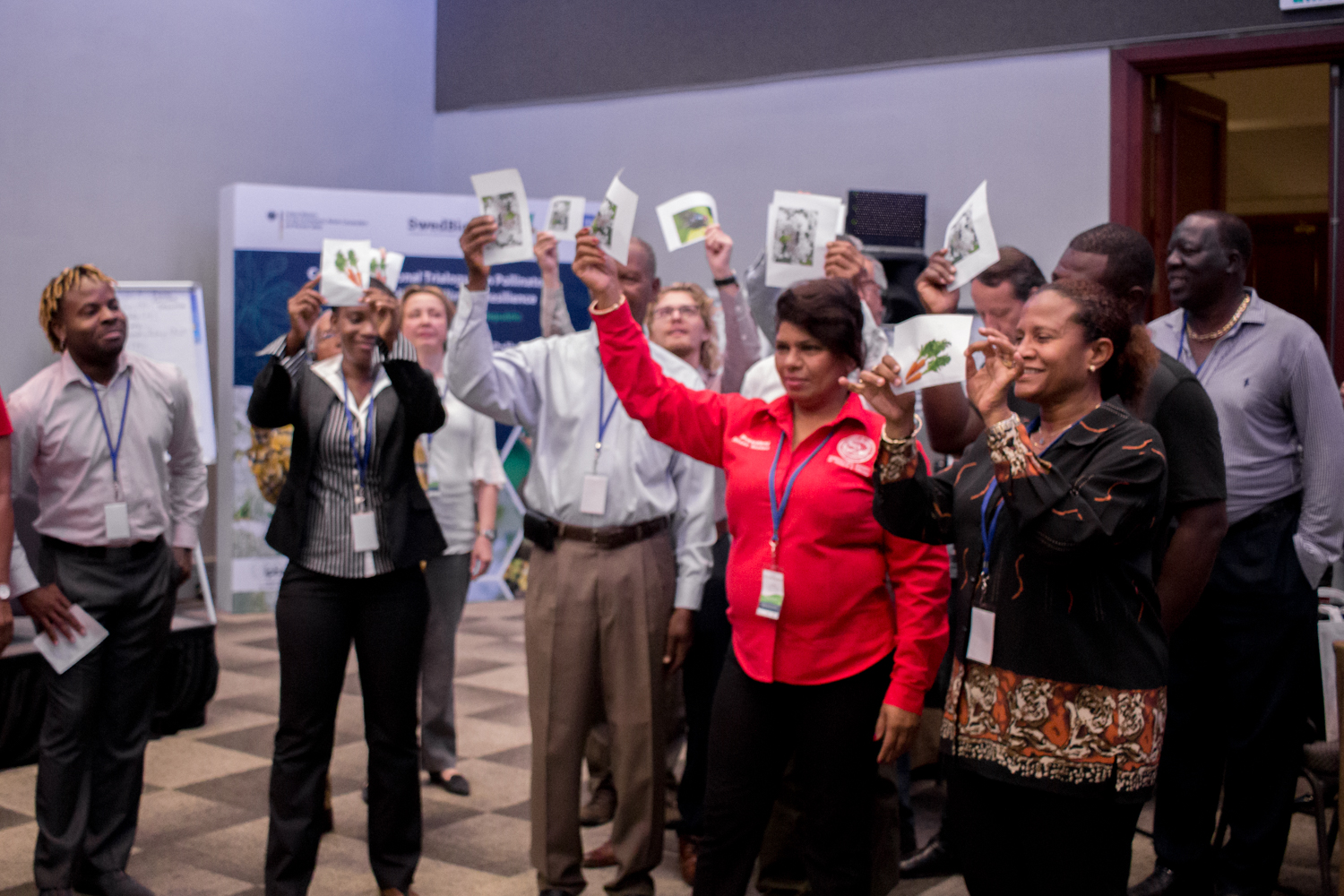
Trialogues
The Trialogue methodology is an innovative, state-of-the-art approach that fosters trust, co-creation and collaboration among actors in the science, policy and practice communities. Tapping into the five senses, learning by doing and bringing together scientific, traditional and local knowledge, Trialogues offer a platform for policymakers, practitioners and researchers to design solutions together and influence decision-making. BES-Net’s work on the Trialogues is coordinated by UNDP GC-RED and country offices.
Regional Trialogues
Regional Trialogues aim at integrating findings and recommendations from the IPBES Thematic Assessments into policy, planning and on-the-ground programmes and projects.
National Trialogues
At the national level, Trialogues create a platform for a three-way collaboration among science, policy and practice, building capacity for decision-making and implementing biodiversity solutions.





